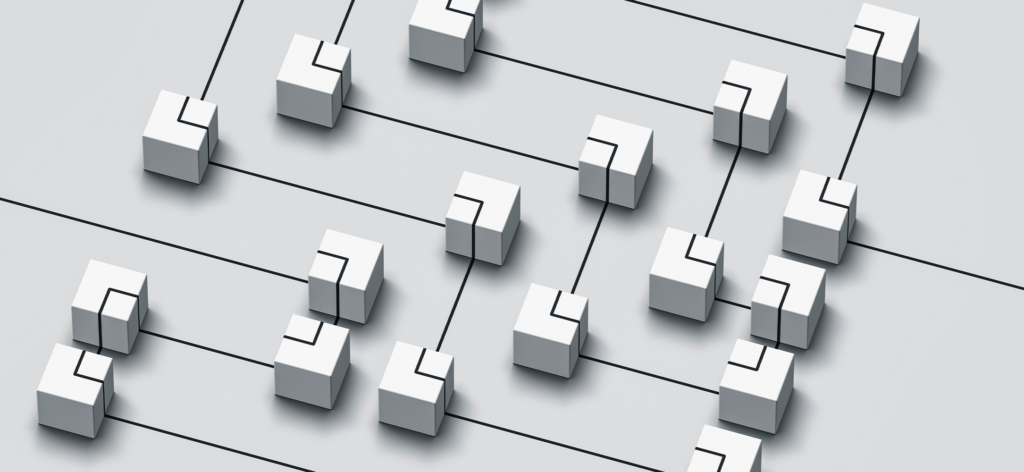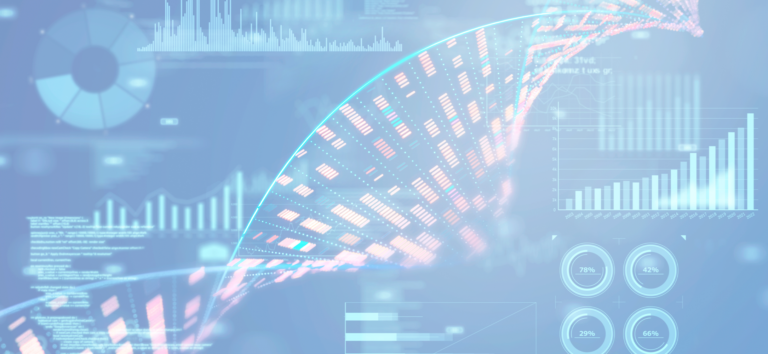What is Data Democratization?
Data democratization is the process of enabling both technical and non-technical users within an organization to access and leverage unified data securely in order to make better data-driven decisions and build more valuable customer experiences.
The concept of data democratization is quickly gaining popularity for companies that want to use customer data for business value. The idea is that with commonly available and shareable data that anyone in an organization can use, all processes and activities in a company can be made fundamentally data-driven and more customer-centric. In short, data democratization provides companies a centralized source of truth.
Deploying the right technology solution(s) is key to being able to centralize data so it can be shared. Many companies are leveraging several tools to deal with data loading, analytics, and compliance requirements, while others are establishing more all-in-one solutions, like a customer data platform (CDP), to provide the infrastructure foundation needed to gain insights and make smarter business decisions, all in real-time.
By democratizing data using a CDP, employees can feel more empowered to make data-driven decisions, since they are using approved data points and sets. Non-technical employees won’t have to rely on data management experts as much to glean insights and ask data-related inquiries.
Data democratization, while driven by technology, must also have the associated corporate changes to culture, organization, and process for it to be successful. An environment of employee empowerment is the goal of data democratization, and senior management across an enterprise needs to buy-in and support the effort.
Companies that want to embrace data democratization must give people access to the data they need in a timely fashion, ensure that data is consistent and trustworthy, provide analytical tools that both non-tech and data-pros can use, and provide the business intelligence users need to understand data-related issues..
CDPs Enable Data Democratization
A CDP can help democratize data for an organization by providing the necessary tools, backend, and user-interface controls to allow anyone in a company to get comfortable with and use approved data in any business setting. CDPs provide an all-in-one data management solution that can make data literacy a reality for your company without having to deploy a dozen separate tools.
CDPs are designed to easily integrate with other technology applications with either pre-built connectors or APIs. If you want to bring on new best-of-breed solutions as your needs and industry evolves, CDPs help to future-ready your data management stack by allowing you to add in the right solution for the right application.
CDPs allow you to gather and integrate data from multiple disparate silos into unified single customer view profiles, and then deliver that data out to other technology platforms like a CMS or personalization engine to improve the customer experience. Enterprise-grade CDPs provide data collection, data integration, data warehousing, analytics, ETL, customer journey orchestration, AI/ML automation capabilities, and data privacy and compliance controls.
By using a CDP, data literacy and democratization across a business becomes a reality. Since CDPs unify data into single user profiles, those single profiles can serve as a single source of truth across an enterprise, allowing all groups to tap into them.
The Benefits of Data Democratization
The benefits of data democratization tools like a CDP are extensive and measurable.
If you have an internal team of data scientists, or are tapping into one for external support, they no longer need to to assist with simple data requests. By freeing up data teams to focus on more strategic issues, marketers, sales, customer service reps and other non-technical employees can move faster, since they can get data on their own without assistance. It’s similar to marketers not having to ask IT or analytics staff to constantly run manual reports and being able to access the reporting themselves.
Since all members of an organization will have a common source of approved data to tap into, priority planning can be more accurate, because everyone is using the same data to plan. Also, by making unified data more widely accessible, small and ongoing iterative improvements are now more trackable, like small changes in copy or imagery to marketing campaigns.
Finally, centralizing data management with a CDP enables organizations to stay in compliance with data privacy regulations, since it creates unified profiles that can be used to enforce the right-to-be-forgotten and other user-centric data privacy controls.
And let’s not forget what this is all about. Making a more valuable and data-driven optimized customer experience. By using common data sources for single individuals, that individual can be tracked across multiple channels and have the right experience delivered at the right time.
Data Democracy is a Journey
Just as a company’s digital transformation is considered an ongoing journey, data democratization is a similar continuous process.
New data from new sources is always coming in, and it needs to be made usable and shareable. And everyone in an organization needs to be more data-literate, so they can understand data better and know when they need to seek assistance.
A CDP is the ideal all-in-one centralized data management tool to make data democratization a reality in your organization. It provides the data collection and privacy controls needed to stay in compliance, while having easy-to-use UI for more self-serve capabilities for marketers and others who need to tap into data without using data management experts.
A CDP allows your data to be accessible by all in an organization, gives you a common source of data truth everyone can align to, and ensures that data is trustworthy.
In short, a CDP can empower your employees to leverage data across the enterprise for business and consumer value.



